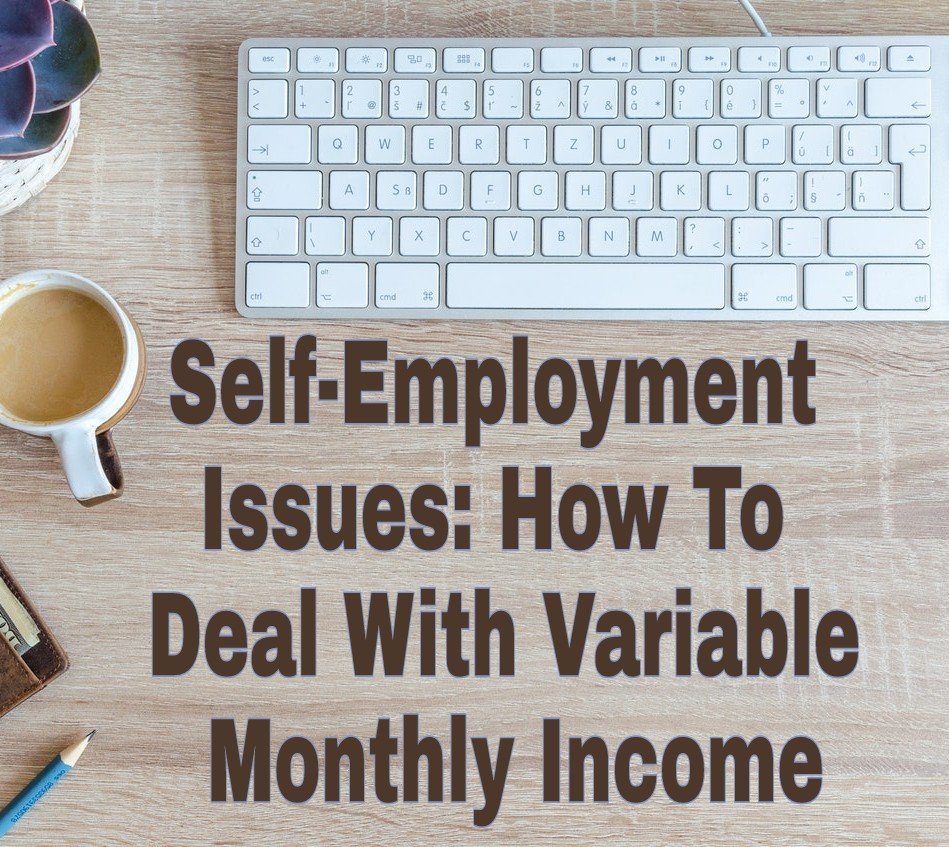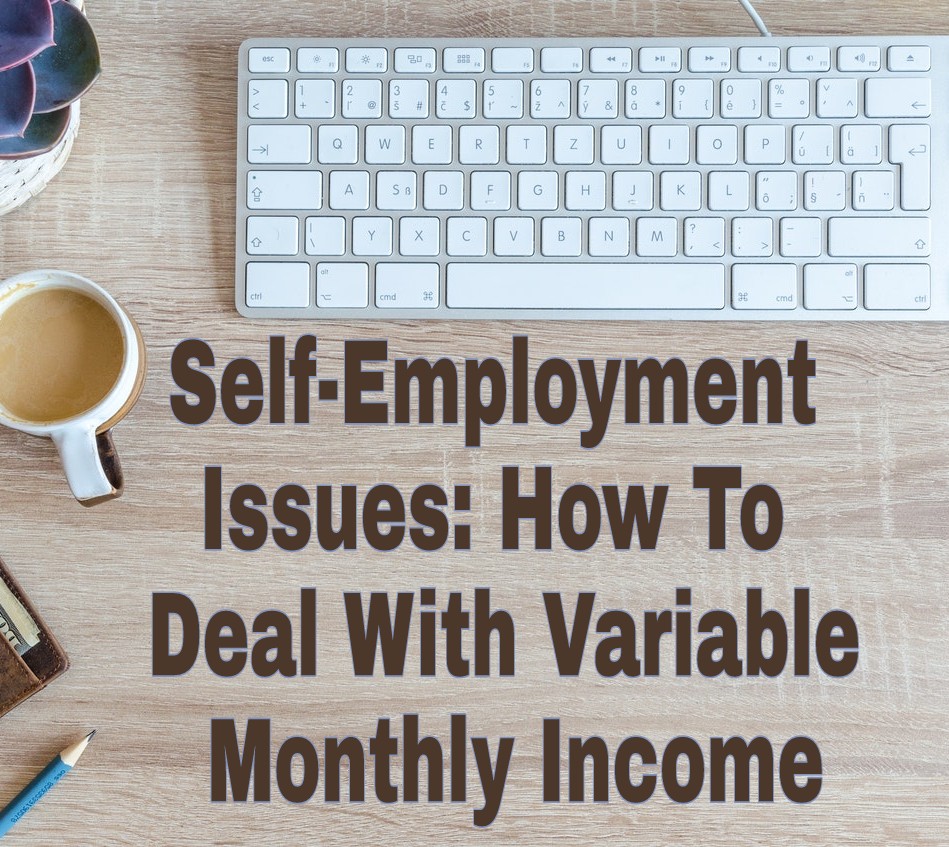If you are self- employed you may well find your monthly income is variable. It might depend on how promptly invoices are paid, some of your work might be seasonal or you might simply have an unpredictable flow of work each month. This can make it difficult to manage finances and create unexpected shortfalls. Here are some practical tips to dealing with a variable monthly income…

Plan Ahead
If you know your work is seasonal, or you happen to have a particularly good month, then you need to make sure you budget the extra income carefully so that you will be prepared for the slower months when they come around. It might be tempting to spend it while you have it, but don’t!
Once your business is established enough, take an average of your monthly earnings then use that to base your budget on. Ideally, budget for slightly under your average figure to be on the safe side. You can also try to forecast your predicted future earnings and use this information too, but don’t rely too heavily on it – at best it is most likely still just an educated guess! (Unless your business is fairly predictable in nature of course).
Tax Returns
When you calculate your budget, make sure you remember taxes; you don’t want to find yourself with a tax bill that you hadn’t accounted for! Work out roughly how much your tax is each month and set that aside. That way, when you complete your tax return at the end of the financial year, the lump sum will be there ready and waiting to pay the outstanding amount immediately.

Late Invoices
If you are self- employed it is essential to make sure you invoice corrently, and you must record income and expenditure accurately. So keep a careful track of all of your invoices and note when they have been paid. Chase up late payments after 30 days past the due date and have a clear policy for any late fees. If absolutely necessary, seek legal action to recoup the money. Late invoices sadly are a fairly common occurance and can really mess up your finances so it is important to have a clear process for dealing with this, as well as a financial back up plan.
Income Shortfalls
In reference to the previous point, what happens when an unpaid invoice, or an unexpected fluctuation in income, creates a shortfall? This can be one of the hazards of self- employment unfortunately. Ideally you will have budgeted for this and have some money saved aside. But we all know that of course sometimes this isn’t the case.
As already suggested, the first step is to chase any outstanding overdue invoices, which hopefully might prompt them to pay. There is also plenty of advice on how to make some extra pennies when needed.
However, if this isn’t enough to balance the shortfall, you could consider taking out a loan as a last resort. If you need cash fast you could research quick loans. Alternatively, if you are on Universal Credit, you could also enquire about a budgeting advance from them. Borrowing from family or friends maybe another option. Just remember, you will need to pay it back as soon as possible and you may need to modify your budget to enable you to pay off the interest, and to ensure it doesn’t happen again.
Are you self- employed? Do you have a variable income? I would love to hear your tips for managing this. Leave me a comment!
*This is a collaborative post.

